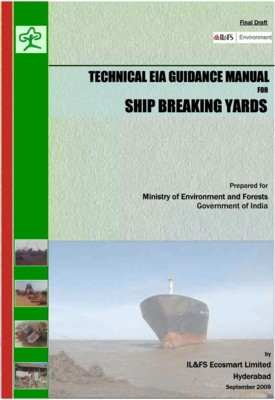/topics/hydropower
Hydropower
Draft National Water Policy (2012) fails to take into account the multiple, complex problems and issues relating to water in India says M S Vani
Posted on 18 Mar, 2012 05:49 PMGuest post by: M S Vani
Perusing the draft, one comes across all the ‘right’ concepts, words liberally sprinkled throughout the document, describing the resource:-
- Natural resource
- Hydrological cycle
- Ecological needs of rivers
- Climate change
- Sources pollution
and our intended response to it :-
Drafting a new National water policy, 2012 without consulting the farmers would be meaningless
Posted on 04 Mar, 2012 11:02 PMAuthor : Phanish Sinha
Ignoring precaution, MoEF clears a project which has been categorically rejected by majority Standing Committee of the NBWL
Posted on 26 Feb, 2012 01:31 PMGuest Post : Parineeta Dandekar and Himanshu Thakkar
Inducing vulnerabilities in a fragile landscape: The implications of hydropower development in a seismically active zone - An article in EPW
Posted on 24 Feb, 2012 08:25 PMClose to 30 hydroelectric projects are being planned on the Teesta and its tributaries. Not only is this river an essential part of Lepcha identity and life, but it also flows through a fragile zone. In this article first published in the Economic and Political Weekly (EPW), Kanchi Kohli examines the ramifications of this policy.
Small hydro: Too small for a national mission - The need for an assimilated national mission for renewable energy in India
Posted on 24 Feb, 2012 10:58 AM
Small hydropower plant (Source: Ministry of New and Renewable Energy)
Trends in private sector participation in the Indian water sector: A critical review - A Water and Sanitation Programme publication
Posted on 23 Feb, 2012 05:54 PMThe study also analyses the direction in which the sector is heading with respect to private sector participation. Since most PPPs are at early stages of operation, this study focuses only on learnings from PPP design and transaction. This study does not seek to assess the operating or financial performance of PPPs.
"In search of old ideas" - A discussion of the draft national water policy 2012, by Jayanta Bandopadhyay in The Telegraph
Posted on 22 Feb, 2012 05:05 PMAuthor: Jayanta Bandopadhyay
Article and image courtesy: The Telegraph
New water policy more contentious; least helpful in tackling existing issues
Posted on 22 Feb, 2012 12:34 PMAuthor : Dr. Arvind Kumar
Towards greener development: EIA sector specific manuals brought out by the Ministry of Environment and Forests
Posted on 19 Feb, 2012 07:20 PMThese manuals are aimed at expert appraisal committees, and hope to improve the quality of appraisal of projects. These will also provide a template for use by organisations and consultants developing the EIA reports.





